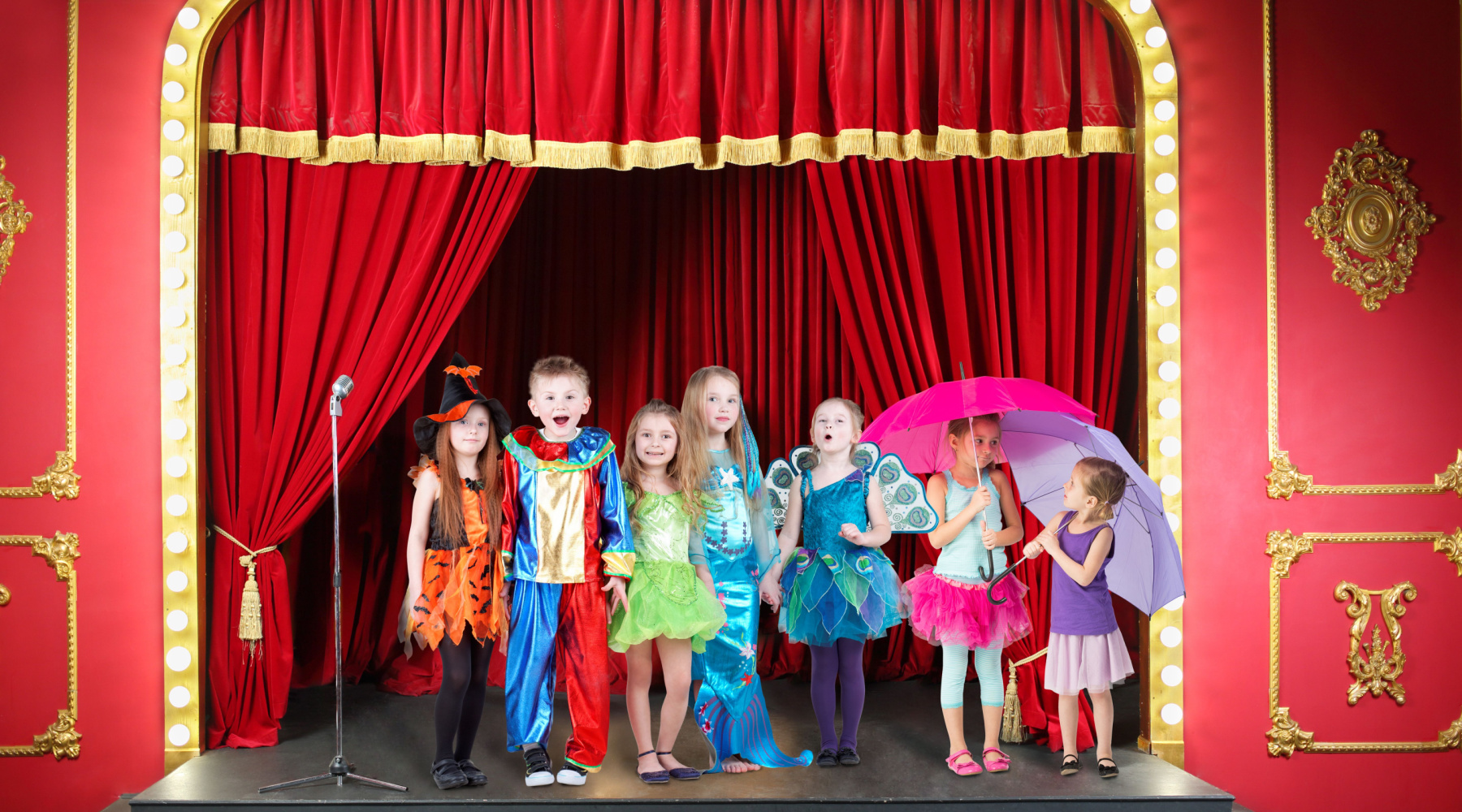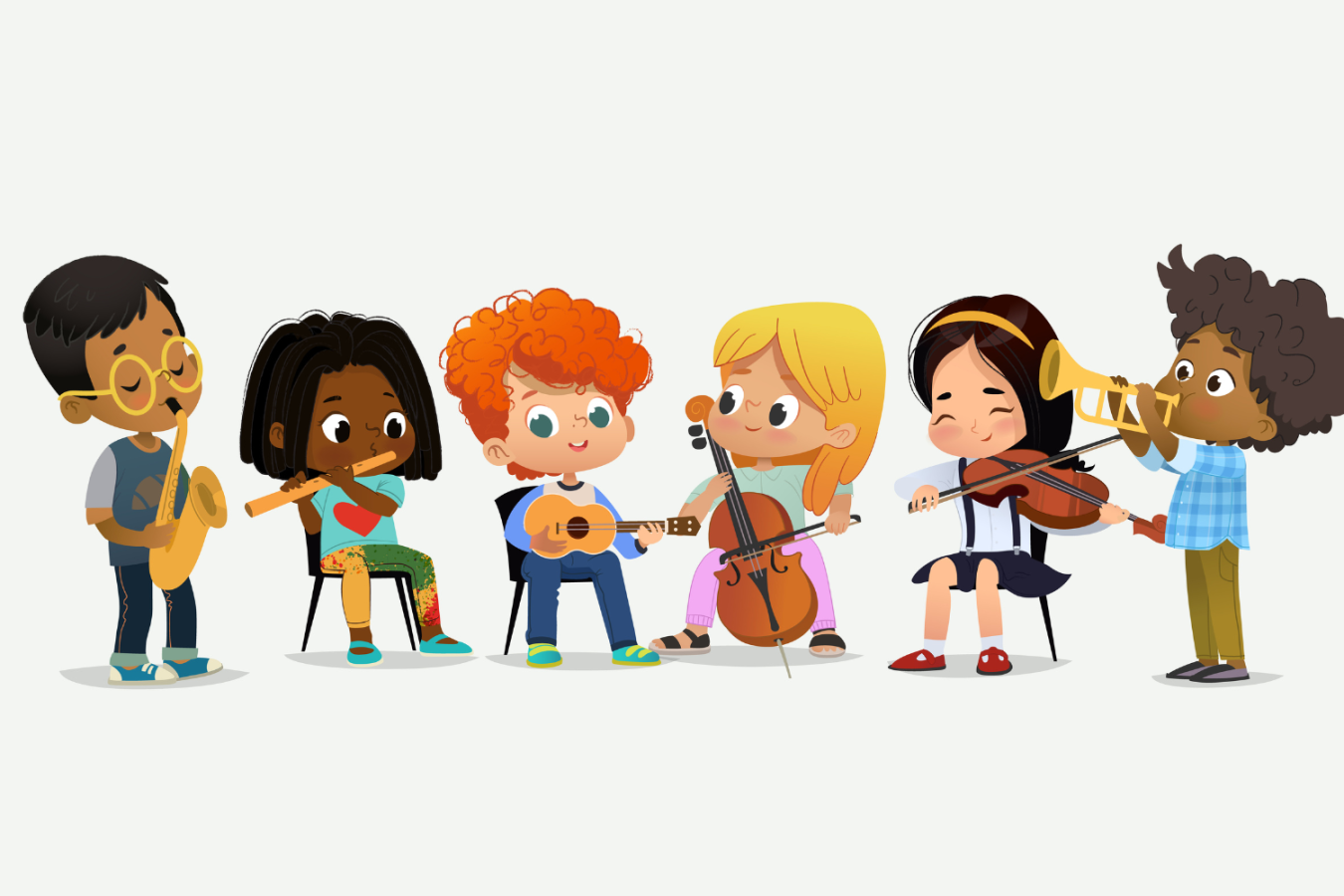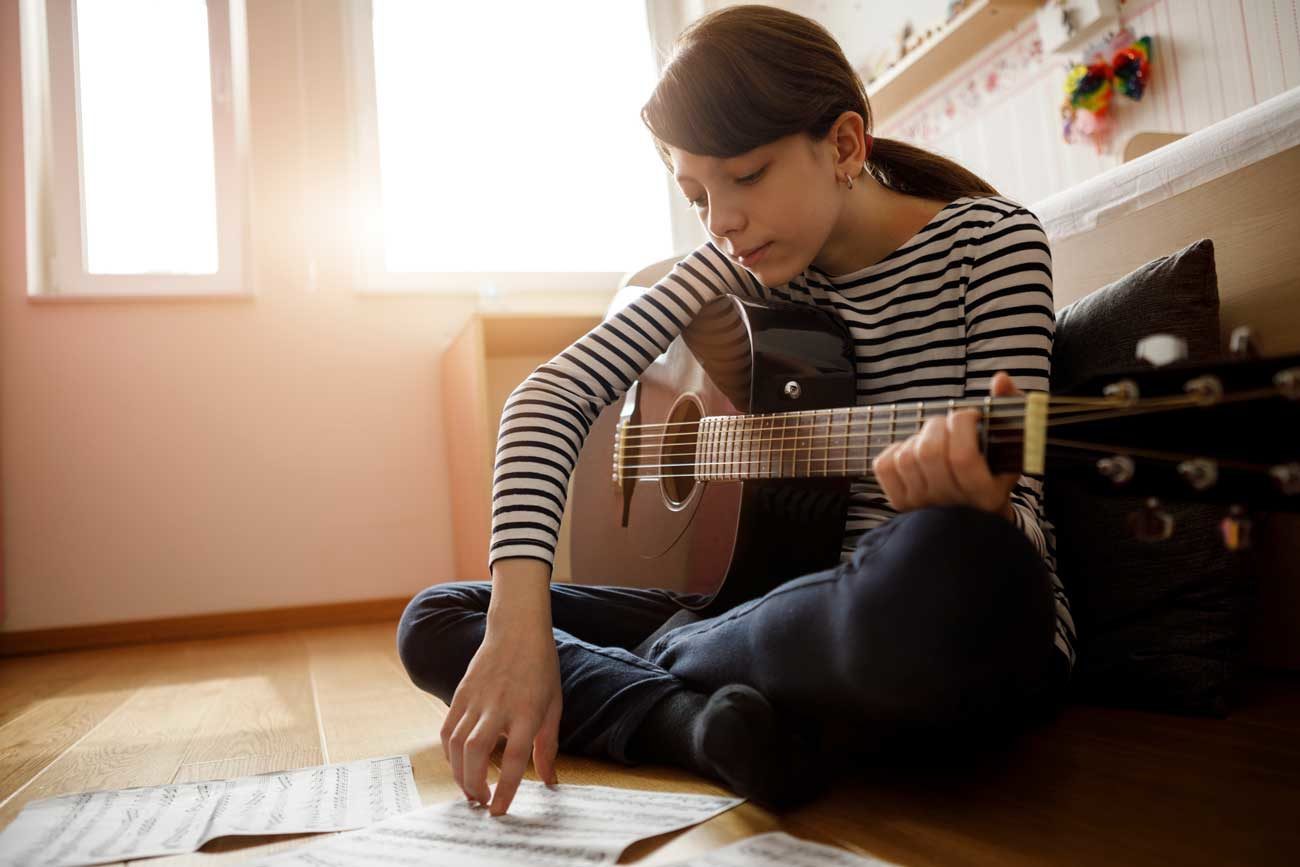
The benefits of the end-of-year school performance, parents rethinking the way they share photos online, and the rise of selective mutism in children.
Our selection of thought-provoking and useful resources from around the web, on educating and raising children, and supporting families.
Hallelujah, it’s school concert season. A music researcher explains why these performances are so important
(Kathleen McGuire, The Conversation)
You know it’s the end of the school year when you have to juggle the end-of-year concerts with the rest of your likely already close to full calendar of events. But do these concerts and performances matter? As this researcher in music education writes, yes, they do.
‘The first thing to remember is music really matters. Apart from the joy of making music and gaining a skill, there are many advantages for kids learning music,’ writes the author.
Citing information about various research, the author reminds us that children who participate in musical pursuits have ‘better verbal memory, second language pronunciation accuracy, reading ability, reasoning skills, auditory, motor and sensorimotor integration, and executive function’.
She also explains the sense of community these performances can bring. ‘In my broader work, I have also seen how end-of-year concerts can provide important connection and build community at a time of year many find really difficult.’
Finding time might feel like another thing to do at this time of year, but knowing how it benefits your child may help you rethink buying that performance ticket.
Read the full articleHow these parents approach posting images of their kids online
(Kellie Scott, ABC Everyday)
Sharing photos of our children online isn’t new, but how parents do so is changing. As the author shares, parents now have varied approaches to sharing their kids online.
Cathrine Neilsen-Hewett from the University of Wollongong says, ‘sharing content of our kids on social media, for example, contributes to their permanent digital footprint’. And as kids age, she says, ‘they might not be pleased with what we’ve chosen to post without their consent’.
Parents Jules and Peter have a two-year-old son. They explain that the way they share photos of him online has changed over the years.
‘I shared some photos of him on Instagram mainly until he turned one,’ Jules explains. ‘Now I share only infrequently, and I don’t show his face — the photos are always from behind or where his head is turned.’
Nat Daniels, mother to a 9-month-old, says, ‘It’s more a safety issue for me. I just feel like you never know what someone’s intentions are’.
Ultimately, it’s up to the parents, but more families are becoming more aware of the potential risks and are taking steps to share less — or share more intentionally.
Read the full article'That’s not Maebel, she’s so fun’: the rising number of children who are afraid to talk
(Natasha May, The Guardian)
Cases of selective mutism, a complex anxiety disorder, are growing in Australia, apparently exacerbated by pandemic lockdowns. As the article explains, these children may be engaging and talkative at home with their loved ones, but once they are in some social settings, they find themselves unable to speak.
Mother Nicole Caplan, says of her daughter Maebel, ‘slowly, her communication just stopped with quite a few people’.
Nicole also says it also affected her parenting. ‘Sometimes you feel like a really crappy parent because you’ll be out and someone will ask your child a question like, “how’s school?” and they just look blankly at that person. And you’re like, “crap, they’re going to think my child’s rude”. And you cover up for your kid and answer for them, which makes the whole situation worse because you are reinforcing that behaviour.’
The good news is it can be treated. Jo Brady, a speech pathologist in Melbourne, says she helps children through, ‘gentle exposure to situations we find challenging, working through a hierarchy designed for that child and providing lots of positive reinforcement’.
Read the full article

